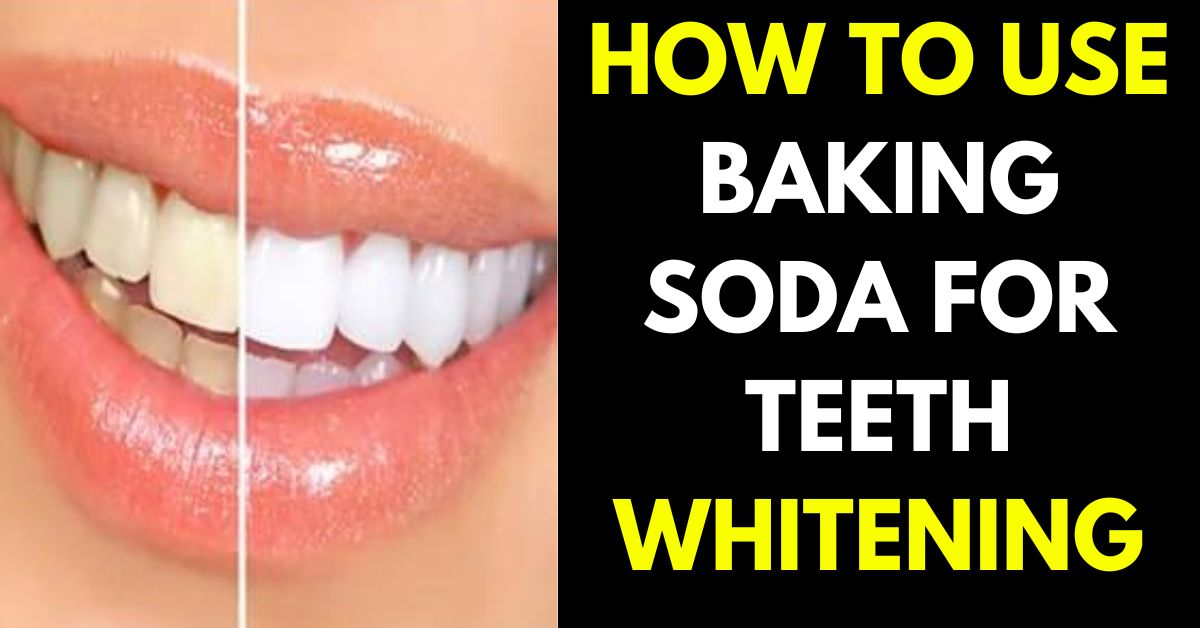Sensitive teeth can be painful, but they’re not necessarily a sign of a serious problem.
Sensitive teeth are a common problem, one in four people suffers from them at some point. They’re usually caused by the dentin layer of your tooth becoming exposed and irritated by plaque buildup or acid erosion.
The pain can be sharp and sudden or dull and constant. It can be triggered by hot or cold food and drinks, and sometimes even by chewing gum.
Tooth sensitivity is different from toothache, which is pain caused by an underlying dental problem such as decay or gum disease. Tooth sensitivity may be a sign of early decay, but it doesn’t always mean there’s something wrong with your teeth.
If you have sensitive teeth, it doesn’t mean that you can not get your teeth clean and white. There are so many different products that are safe for you if you’re suffering from tooth sensitivity.
In this article, I will show you some of the best products that helped me get white teeth, get rid of tooth sensitivity, tooth decay, and cavities, and build gum without causing pain or discomfort:
Continue reading to learn more.
What Causes Sensitive Teeth?
Tooth sensitivity is caused by exposed dentin, which is the inner layer of your tooth. When you brush your teeth, the enamel covers the entire surface of your teeth and protects them from damage. The dentin is located directly below the enamel and is covered by a thin layer of protective enamel.
If this layer wears away or breaks off, for example, if you grind your teeth at night, then exposed dentin becomes vulnerable to outside irritants such as hot or cold food or drinks, acidic foods like citrus fruits, and even sweets like ice cream or candy bars.
Sensitivity also occurs because exposure to certain chemicals can cause damage to the outer layer of enamel on your teeth, making them more sensitive to temperature changes in food and drink.
This type of sensitivity is called extrinsic staining because it occurs on the surface of your tooth rather than inside its structure.
Can You Whiten Teeth If They Are Sensitive?
A lot of people ask me if I can whiten teeth if they are sensitive. The answer is yes. Sensitive teeth are a common problem, especially for those who suffer from dental erosion.
Dental erosion is caused by the acid in your mouth dissolving the enamel on your teeth over time. It is often caused by drinking acidic drinks like soda or orange juice.
If you have sensitive teeth, the acid in these drinks can cause pain and discomfort to your teeth. This makes it hard to enjoy eating and drinking what you want.
What’re the Best Ways to Whiten Sensitive Teeth?
- Consult with your dentist
Before starting any whitening treatment, it’s important to consult with your dentist. They can assess the cause of your sensitivity and recommend the best course of action. They may also be able to offer in-office whitening treatments that are specially formulated for sensitive teeth.
- Use a desensitizing toothpaste
Using a desensitizing toothpaste can help alleviate sensitivity and make it easier to tolerate the whitening process. Look for a toothpaste that contains potassium nitrate, which helps block pain signals to the nerves in the teeth.
- Choose the right whitening method
There are many different ways to whiten your teeth, and some methods are better suited for sensitive teeth than others. For example, whitening strips and trays that are worn for extended periods of time may be too intense for sensitive teeth. On the other hand, a gentle whitening toothpaste or a one-time whitening treatment like a whitening pen may be more appropriate.
- Go slow
If you do decide to whiten your teeth, it’s important to take things slow. Don’t try to achieve dramatic results all at once – this can be harmful to your teeth and cause even more sensitivity. Instead, start with a low-concentration whitening product and gradually work your way up as your teeth adjust.
- Take breaks
Whitening can be taxing on sensitive teeth, so it’s important to take breaks as needed. If you start to feel discomfort or sensitivity during the whitening process, stop for a few days and let your teeth rest before resuming.
In conclusion, whitening sensitive teeth is possible, but it requires a bit of extra care and attention. By working with your dentist, using desensitizing toothpaste, choosing the right whitening method, going slow, and taking breaks as needed, you can achieve a brighter, whiter smile without sacrificing comfort.




